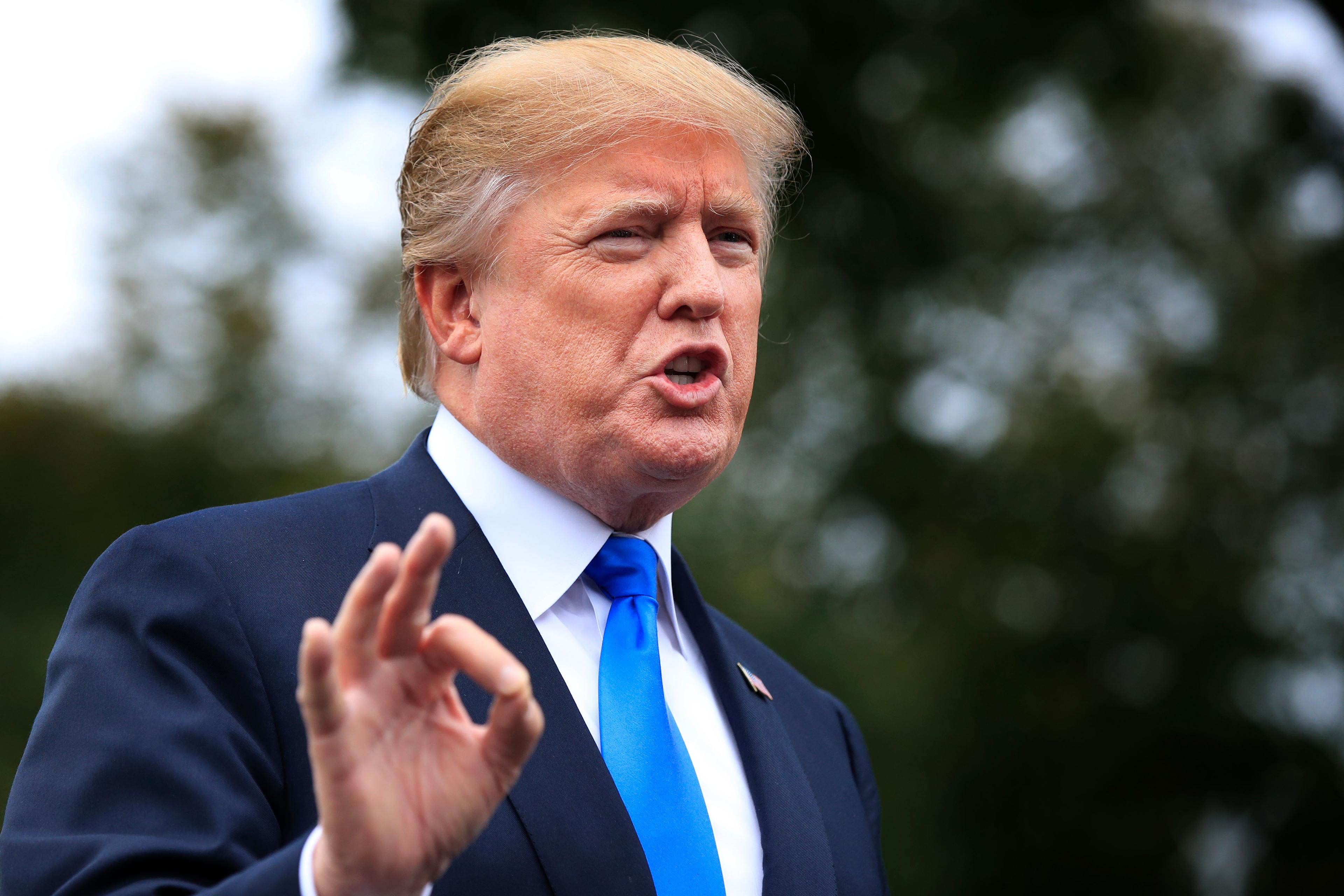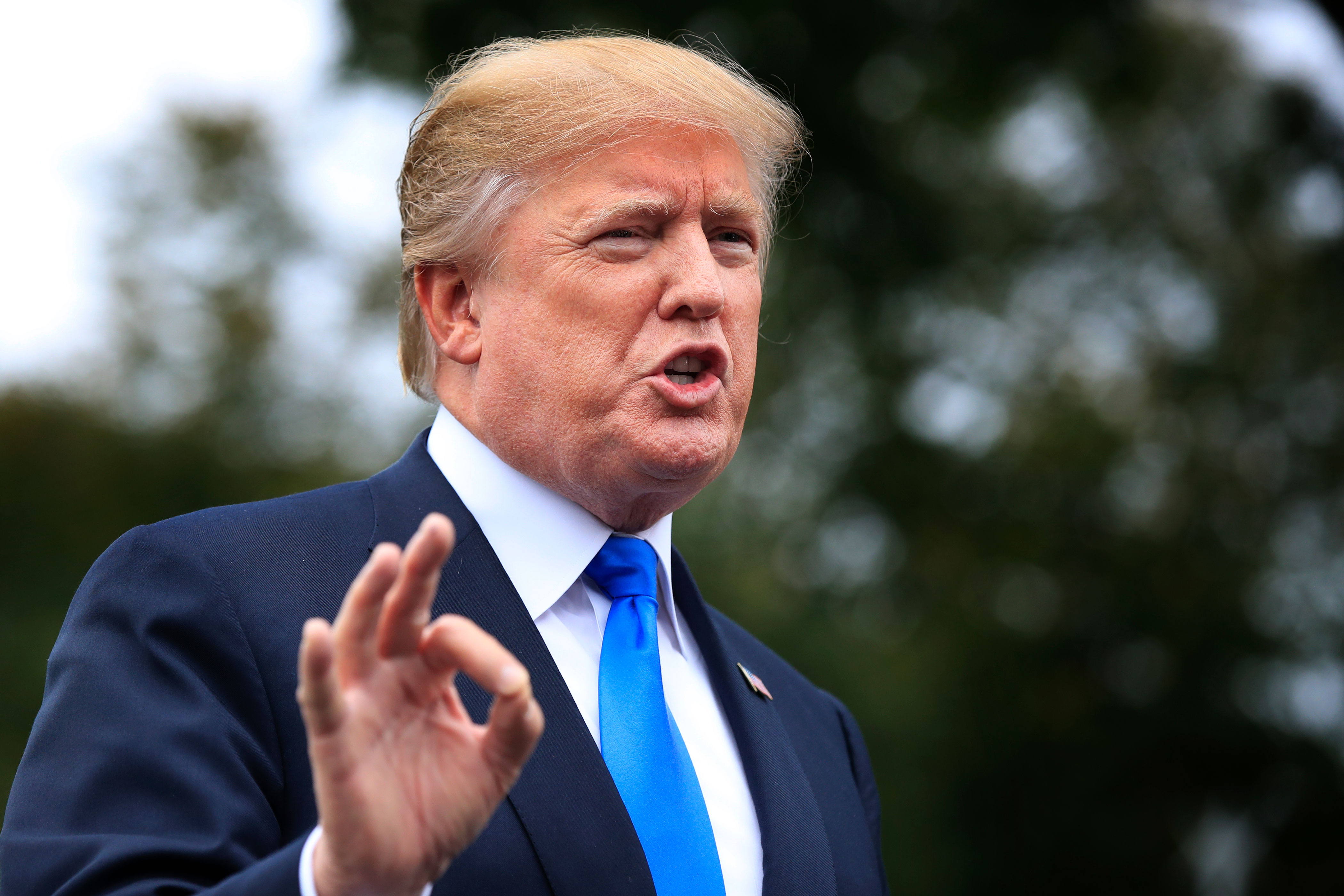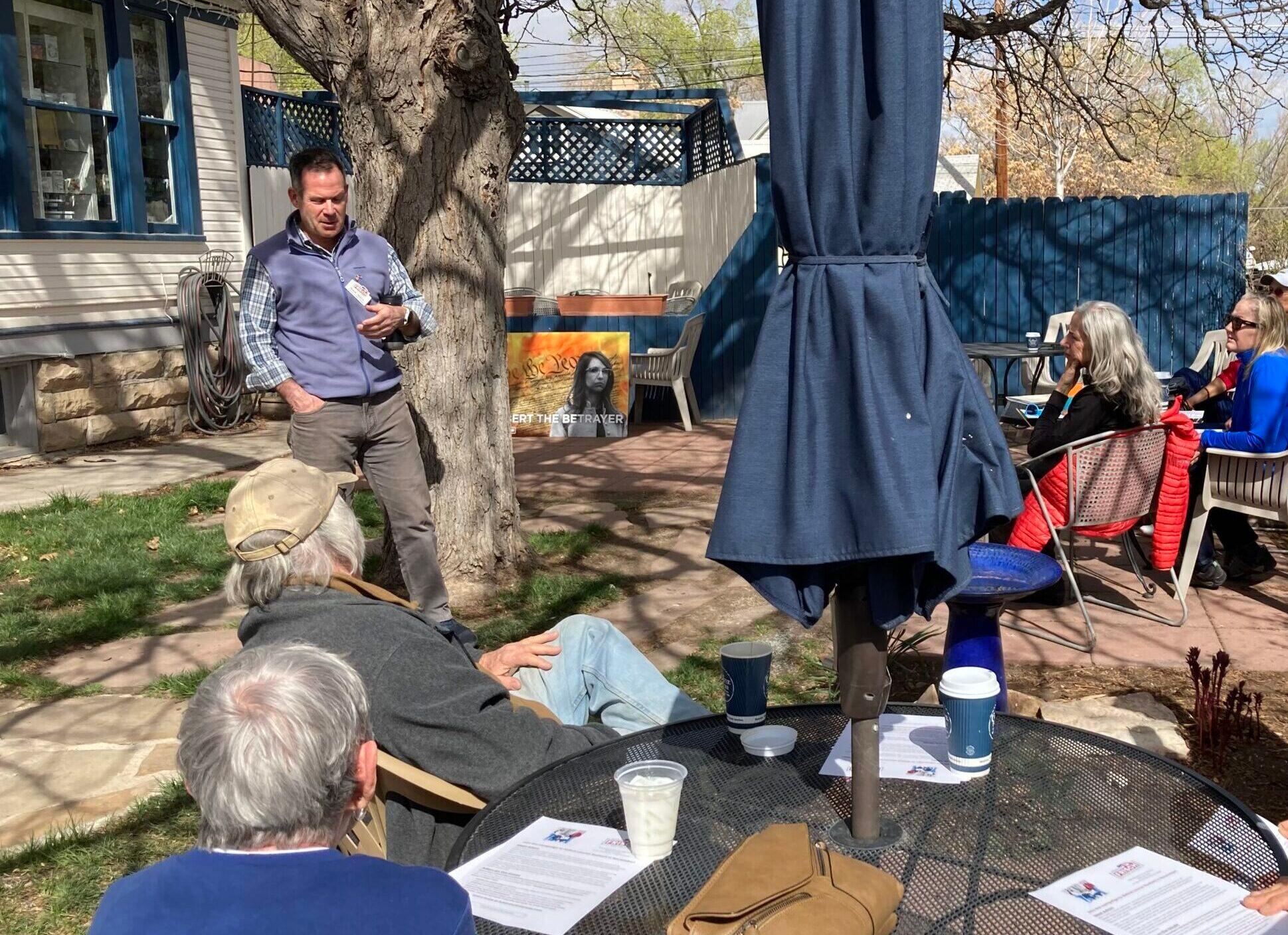

President Donald Trump will “immediately” halt payments to insurers under the Obama-era health care law he has been trying to unravel for months.
The Department of Health and Human Services made the announcement in a statement late Thursday. “We will discontinue these payments immediately,” said acting HHS Secretary Eric Hargan and Medicare administrator Seema Verma.
Anthem, the only insurer in more than a dozen western rural Colorado counties, said the result of the move will be that “costs will go up and choices will be restricted.”
The spokesman for the Colorado Division of Insurance, Vince Plymell, said it's a big concern for both people's health and “driving the costs of health care which drives premiums as well.”
The White House said the government cannot legally continue to pay the so-called cost-sharing subsidies because they lack a formal authorization by Congress. Republican Rep. Doug Lamborn praised the move, saying that the executive order “restores Congress' authority to govern and represent the American people who voted for them."
The decision to cut off $7 billion in cost-reduction subsidies is significant, as the money goes to the insurance providers to help cover low-income, often high-cost, customers.
“Cutting the cost sharing reduction payments is cruel and irresponsible,” said Colorado’s Democratic governor, John Hickenlooper in a statement. “Beyond the 45,000 Coloradans who rely on this program to make insurance more affordable, hundreds of thousands of Coloradans will see their premiums increase even more. It threatens coverage for Coloradans with chronic diseases or disabilities, potentially putting health care out of reach for those who need it the most.”
Adela Flores-Brennan, the executive director of the nonpartisan, nonprofit Colorado Consumer Health Initiative, pointed out that the change comes just days before open enrollment, which starts Nov. 1. Flores-Brennan said that “this action destabilizes the market, severely undermines affordability and is simply unconscionable.”
In its statement on the executive order, the American Medical Association urged Congress to “accelerate its efforts to reinstate these payments before further damage is done.” That’s something Gov. Hickenlooper called for as well, pointing to bipartisan efforts from a group of governors.
U.S. Rep. Diana DeGette, a Democrat, called the executive order an act of sabotage before saying Congress should act to restore the subsidies.
“We must work together in a bipartisan fashion to improve health care coverage in this country, rather than ripping it to bits,” she said.
The office of Republican Sen. Cory Gardner is waiting for additional details from the administration on their plans for the payments and the policy changes before they offer comment. Rep. Ken Buck’s statement emphasized his free market support for reforms in health care. He added that “Ideally, Congress would do its job and create bipartisan legislation that lowers costs and improves quality.”
CPR News reached out to additional members of Colorado’s congressional delegation, but has not received comment yet.
Colorado’s Division of Insurance was prepared for this move by the White House and is putting its “plan B” into place. Health insurance companies had previously submitted their 2018 rates to the regulator. Citing rumblings on the potential of cancelling of the payments, companies were asked for two sets of rates. One set assumed the continuation of cost-sharing reduction payments, the second was based on no subsidies.
Insurance Commissioner Marguerite Salazar said the division is looking to Congress to take action, but in the meantime they’re “already switching gears so open enrollment can still take place and Colorado consumers can enroll in health insurance for 2018.”
The average increase for the new premiums that originally included cost-sharing reductions payments is 6 percent, the Division of Insurance said. Open enrollment for plans in Colorado will continue as scheduled Nov. 1. The CEO of the state’s insurance exchange, Connect for Health Colorado, Kevin Patterson called the Trump administration’s move “a big decision, but it is a decision that we’ve been prepared to implement.”
“We're ready to move forward, so we’re going to be ready to assist our customers and ready to get our enrollment going.”
The Associated Press and CPR reporters John Daley and Ann Marie Awad contributed to this report.
Editor's Note: This story has been updated to include comment from Rep. Ken Buck and the CEO of Colorado's health care exchange. Additionally, an earlier version of this story misidentified Vince Plymell's employer. He is the spokesman for the state's insurance division.








